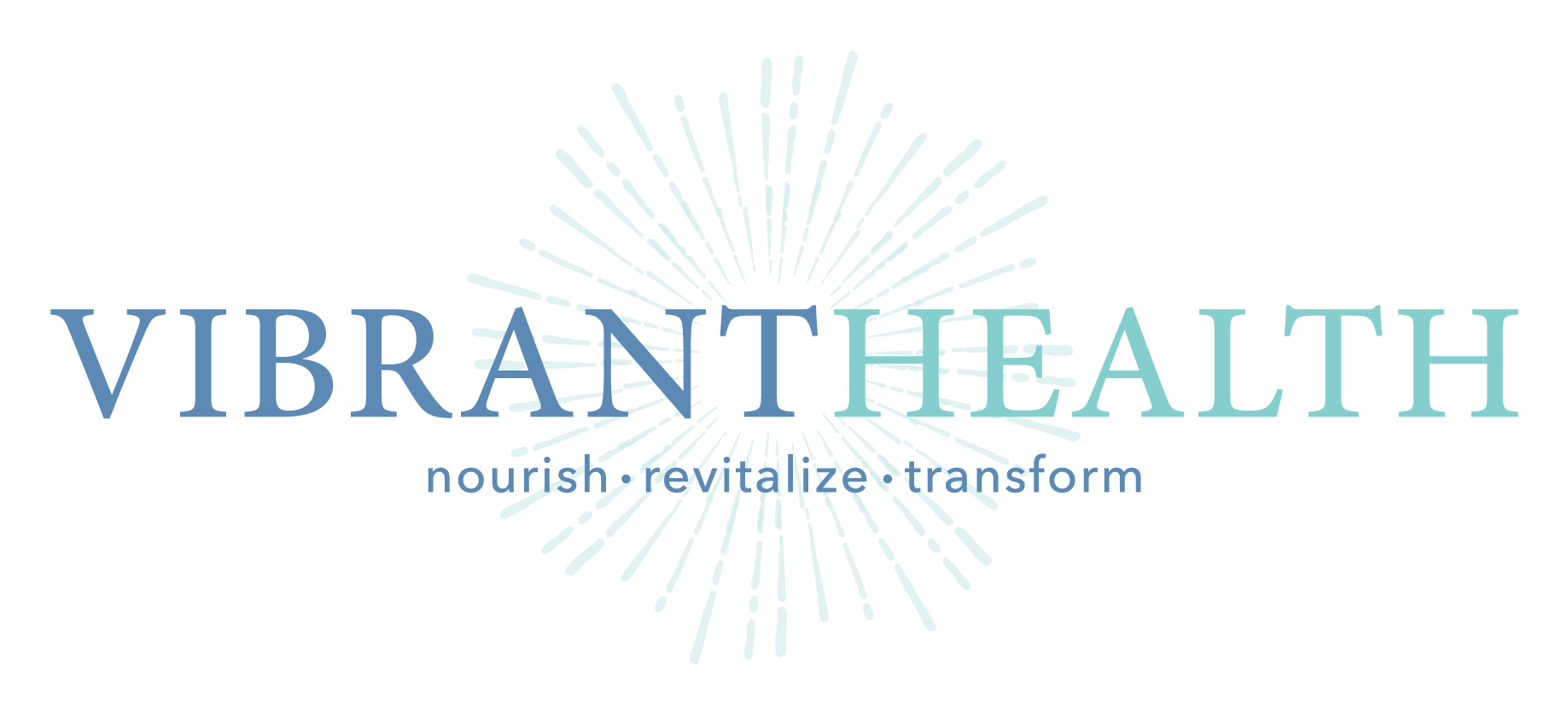Synthetic vs Bioidentical Hormone Replacement Therapy in North Hampton, NH

With the discovery and applied use of isolated hormones in the 1960’s, it wasn’t until the early 2000’s did hormone replacement therapy (HRT) really take off. A deficiency in hormone levels has been credited with contributing to illnesses such as menopause, hot flashes, perimenopause , andropause, low libido and several other conditions. However, with the discovery of bioidentical hormones , there has been debate as to which is safer and more effective—synthetic hormones or bioidentical hormones. The synthetic vs bioidentical hormone replacement therapy debate continues today, with many healthcare practitioners and patients torn between which hormone is the preferred type.
What’s the Difference between Synthetic and Bioidentical?
The main difference between synthetic or synthesized hormones and bioidentical hormones is accuracy. Bioidentical hormones replicate the exact molecular structure of naturally produced hormones (estrogen, testosterone, progesterone, etc.), resulting in a hormone that functions far better than synthetic forms.
Hormones and other bodily chemicals work like a lock and key. A molecule with a unique structure (the “key”) is sent to a receptor (the “lock”), if they fit, a further chemical process takes place resulting in body functions. If you’ve ever accidentally used the wrong key in a lock, you know all too well that the lock won’t function, the key may get stuck, or ultimately the lock may break. If a chemical in the body doesn’t exactly fit a receptor, issues may arise.
Bioidentical hormones aim to get around the problem of mismatched hormones by starting with a natural hormone as a base, treating menopause, hot flashes and a myriad of other conditions more efficiently.
What are Natural Hormones?
Technically speaking, the only true natural hormones of the human body are those produced by the human body. When the term “natural hormone” is used, it’s referring to the fact that these hormones were first extracted from a natural source like plants.
Despite the term “natural,” both synthetic and bioidentical hormones are modified or manufactured in a lab, leading many to feel mislead by the term “natural” with bioidentical hormones. However, hormonal imbalances result from very minute changes in hormone levels. It wouldn’t make sense then to simply pick up a yam (one of the major sources of natural estrogen called phytoestrogen found in bioidentical hormones), eat it and expect to be cured. Dosage matters and having the ability to extract a hormone, measure a set amount, and accurately supplement your hormonal deficiencies is essential. This extraction, measurement and packaging can only be performed in a safe, clean lab.
Synthetic hormones, on the other hand, are not derived from anything naturally occurring. They are made entirely in a lab. The problem with making something as complex as a hormone in a lab is that it can never match the complexity of a natural hormone. Look at it this way, hormones have conversations with cells, “telling them” to act a certain way. With synthetic hormones, it’d be like trying to carry on a conversation with Siri from your phone, some things are going to be lost in translation even though it was created by humans. A bioidentical hormone however, is like having a conversation with another human.
Risks of Synthetic Hormones
In a series of studies conducted in 2002, the differences between synthetic and bioidentical hormone replacement therapy were identified, not in their intended function, but their side effects. Taking a natural form of progesterone and comparing it against a synthetic form, researchers saw that the synthetic form posed a much greater risk to the health of patients.
One of the main side effects of the synthetic progestins (a synthetic progesterone compound) was an increased risk of developing Breast cancer. Synthetic forms have the potential to incite and increase estrogen related breast cell mitosis, this is to say the division and spreading of cells. This out of control cellular division is known as cancer. Synthetic hormones have also been shown to convert endogenous estrogens into stronger variants (16-hydroxyestrone). These stronger, even toxic versions of estrogen can stimulate cancer formation.
Bioidentical progesterone however, has been shown to have the opposite effect of synthetic versions. Bioidentical hormones like progesterone inhibit breast cell division and have been said to stop breast cancer (by acting on kinase inhibitors). Naturally derived progesterone has been described as having a protective role in the female body by preventing breast cancer, whereas synthetic forms of progesterone may actually incite breast cancer. While new research is always being conducted, recent discoveries seem to show that bioidentical hormones are a safer long term alternative to controversial synthetic forms.
Request More Information about Bioidentical Hormone Replacement Therapy
If you’re looking for a solution to help control menopause, low libido, depression, fatigue, and many more conditions, hormone therapy with bioidentical hormones could be for you. Request more information about bioidentical vs synthetic hormones and hormone replacement therapy today. Call (207) 536-9661 or contact Vibrant Health Naturopathic Medical Center online.
- Hormones, Bioidentical. "A comprehensive review of the safety and efficacy of bioidentical hormones for the management of menopause and related health risks." Altern Med Rev 11.3 (2006): 208-223.
Vibrant Health Naturopathic Medical Center
Address
501 Islington StSuite 2B
Portsmouth, NH 03801
(207) 536-9661
www.vibranthealthnaturalmedicine.com
Hours
Mon:
9:00 am - 5:00 pm
Tue:
9:00 am - 5:00 pm
Wed:
10:30 am - 5:00 pm
Thu:
9:00 am - 5:00 pm
Fri:
10:00 am - 4:00 pm
Sat:
Closed
Sun:
Closed

